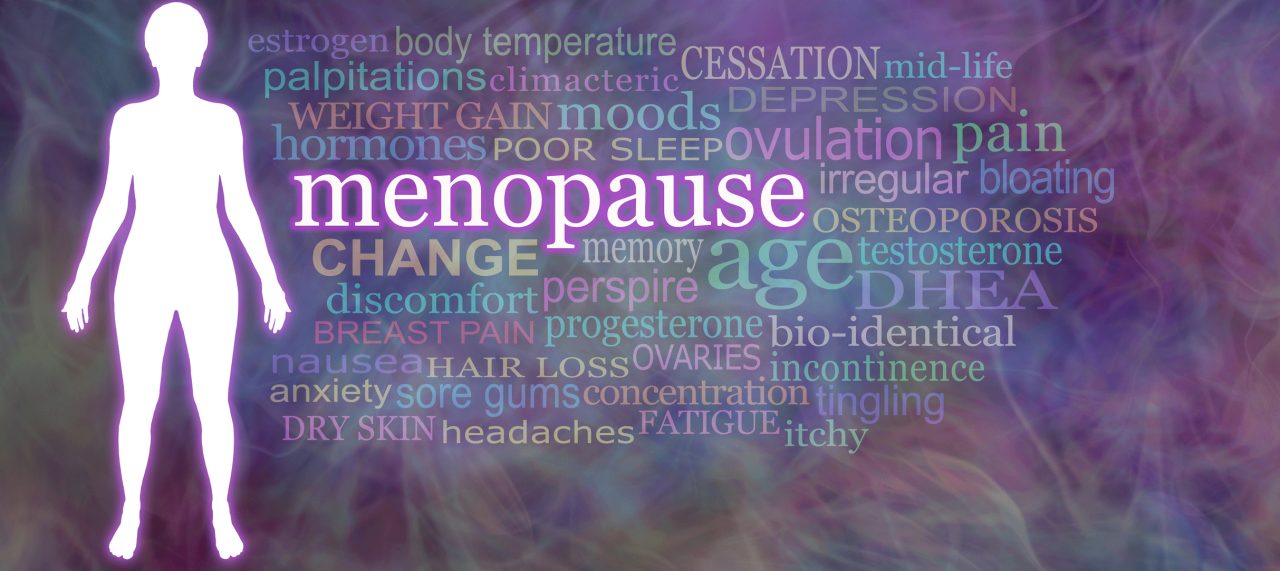The Pros and Cons of Hormone Replacement Therapy (HRT)

Hormone replacement therapy is a judgment call — it raises your risk of breast cancer but can make menopause bearable. Take it only as long as you must.
Menopause — the body changes that hit women as their reproductive system shuts down between the ages of 45 and 55 — can be easy or hard. Most women have some symptoms, but they are severe in a smaller group.
Gynecologists generally say that for women who are suffering hormone replacement therapy (HRT) may be worth the higher risk of breast cancer and possibly other dangers — especially if they limit dosage and years of use.
If you’re considering HRT, you need to weigh the pros and cons in your own circumstances.
YOU MIGHT ALSO LIKE: Low Estrogen Symptoms
The pros of HRT
The first question is whether your menopause symptoms are bothersome enough that you need to do anything at all. For some women, menopause brings on night sweats, hot flashes, mood swings, low sex drive, and painful intercourse because your vagina is dry.
According to the American College of Obstetricians and Gynecologists, HRT (estrogen with or without progestin) is the best treatment for the relief of hot flashes and night sweats, The treatment isn’t complicated — gels, patches, and creams are the safest option, though most women currently take tablets.
Beyond leveling out your hormones so you have fewer or milder symptoms of menopause, HRT may possibly protect you against other illness associated with aging. Estrogen protects against vaginal dryness, bone loss, and bone fractures. Combined with progestin, it protects against colon cancer.
After menopause, women tend to develop more belly fat, and the belly fat increases their risk of type 2 diabetes and heart disease. But research suggests that HRT, especially with an exercise program, can keep you trimmer.
If your main problem is vaginal dryness, you can insert estrogen directly into your vagina without increasing your risk of cancer.
The cons of HRT
This year, an analysis of long-term data concluded that using HRT for five years significantly raised your breast cancer risk, about double what had been thought. The researchers reported that the longer women took HRT, the more likely they were to develop breast cancer, the elevated risk lasting for about a decade even after they stopped use. Combination HRT was more dangerous than estrogen alone.
This result backed up concern that arose in 2002, when the Million Women Study in Great Britain concluded that HRT could in some women raise the risk of breast cancer — and heart disease, strokes, and blood clots. In the United States, the smaller Women’s Health Initiative had similar findings. HRT use dropped dramatically and breast cancer rates declined. But it wasn’t clear how long the extra risk would last.
Also this year, research in Finland suggested a link between HRT and a higher risk of Alzheimer’s, especially if you use a combination treatment or take it for 10 years or more.
If you decide to use combination HRT, your best option would be to begin early, use a lower dose, and stop as soon as possible. Estrogen-only formulations increase breast cancer risk only after 10 years, but introduce a risk of ovarian cancer, which you can guard against with regular exams. There is no evidence that "bioidentical" and "natural" hormones are safer than synthetic hormones.
Women who are heavy smokers, very overweight, or at high risk of stroke or have high blood pressure should be especially cautious with HRT.
Updated:
February 10, 2020
Reviewed By:
Janet O’Dell